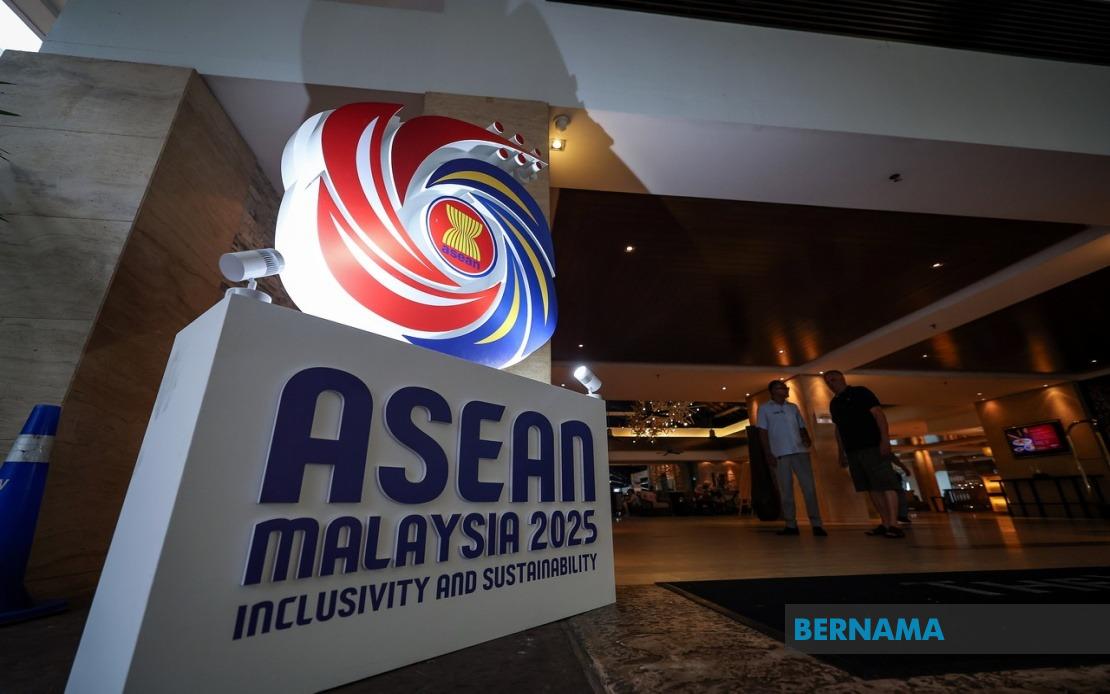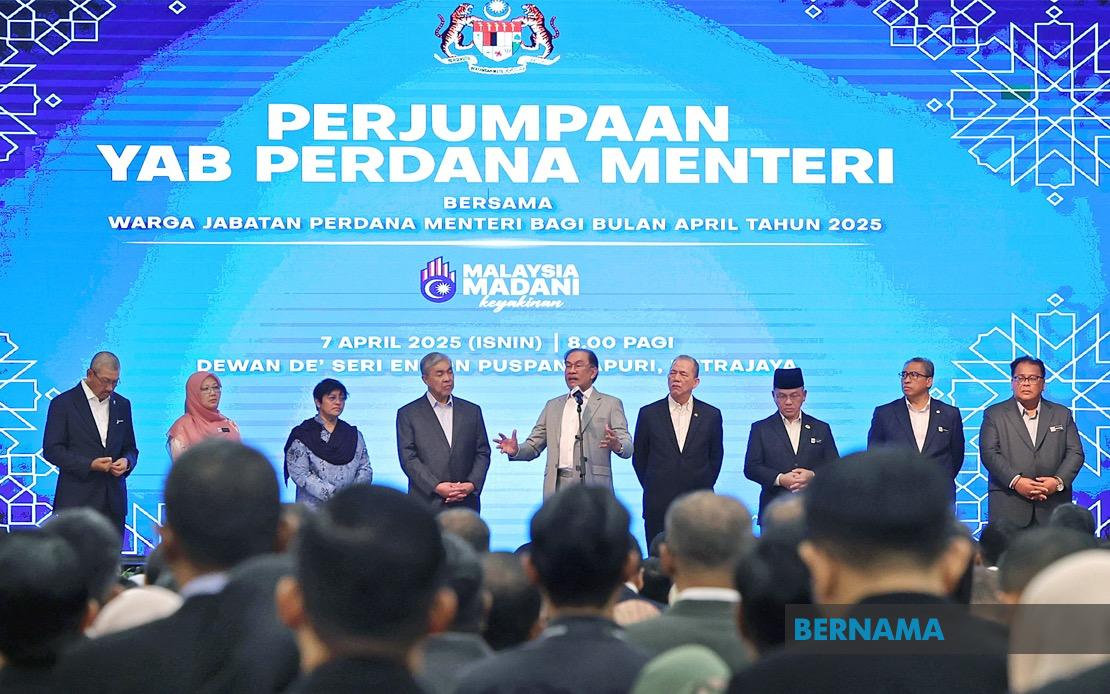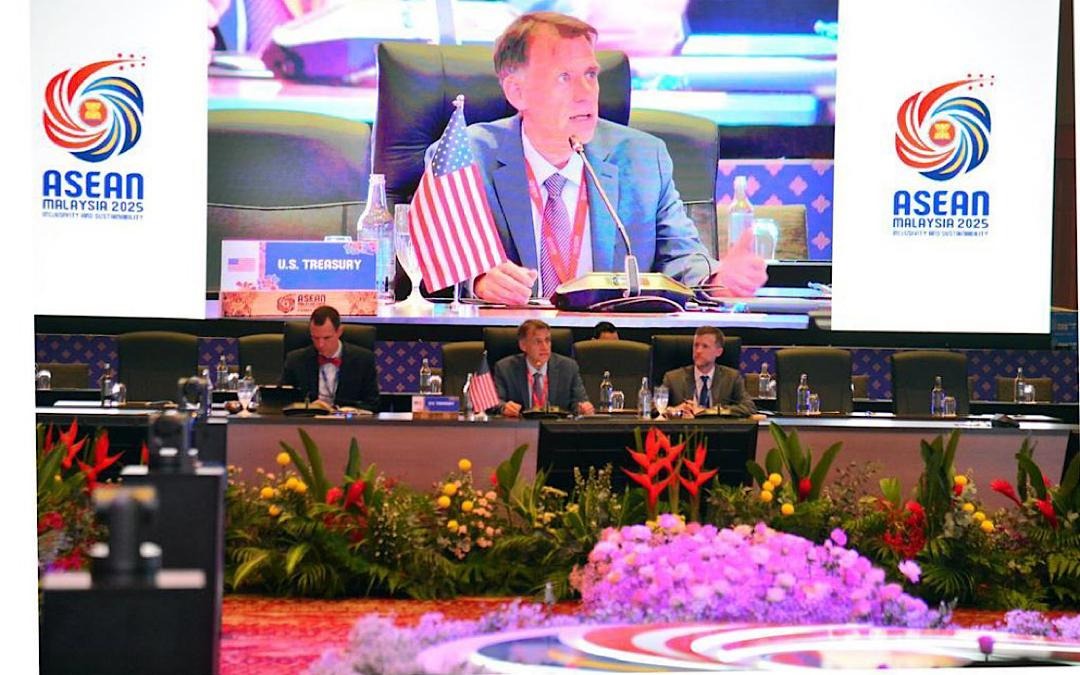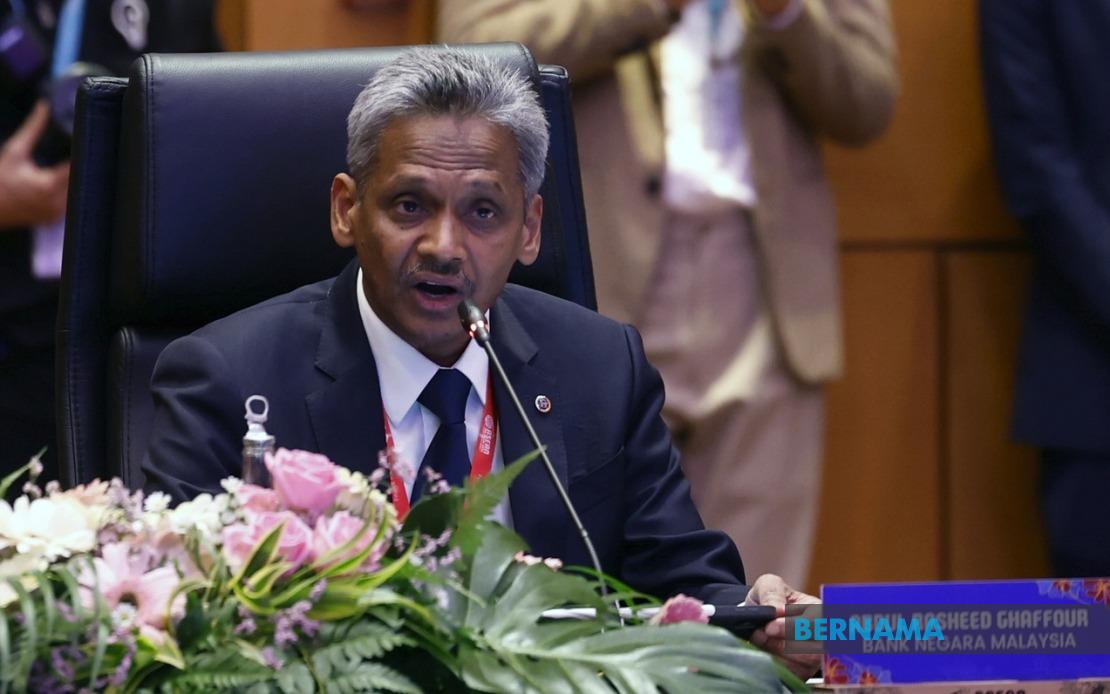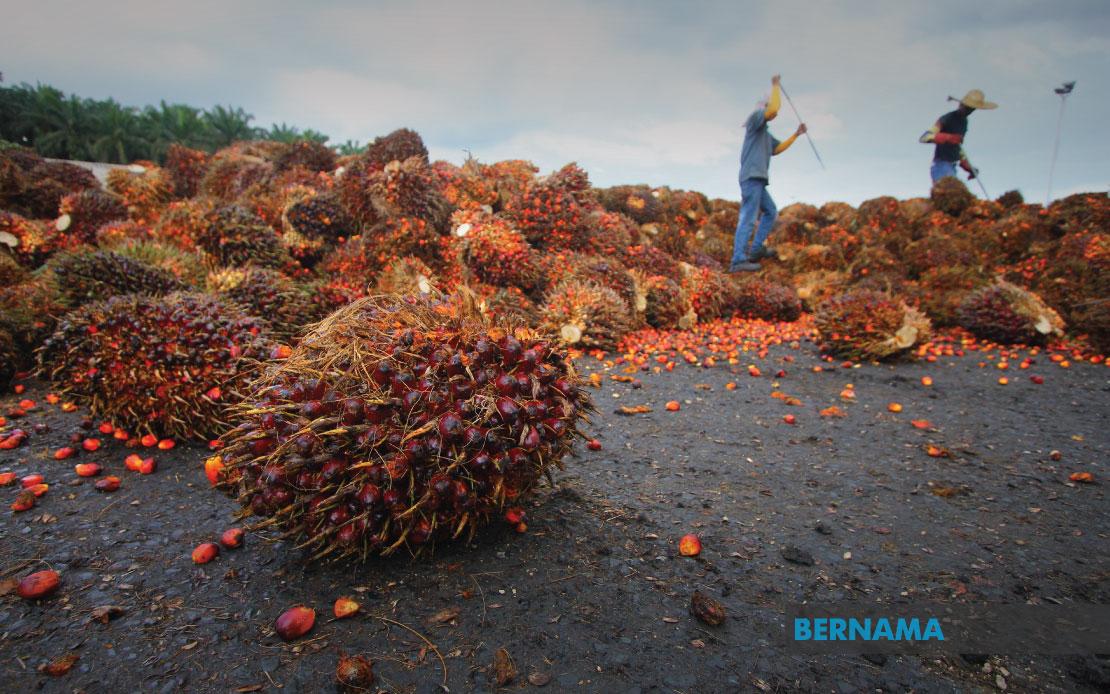ASEAN: RETALIATORY TARIFFS PRESENT CHALLENGES AND OPPORTUNITIES FOR GROUPING
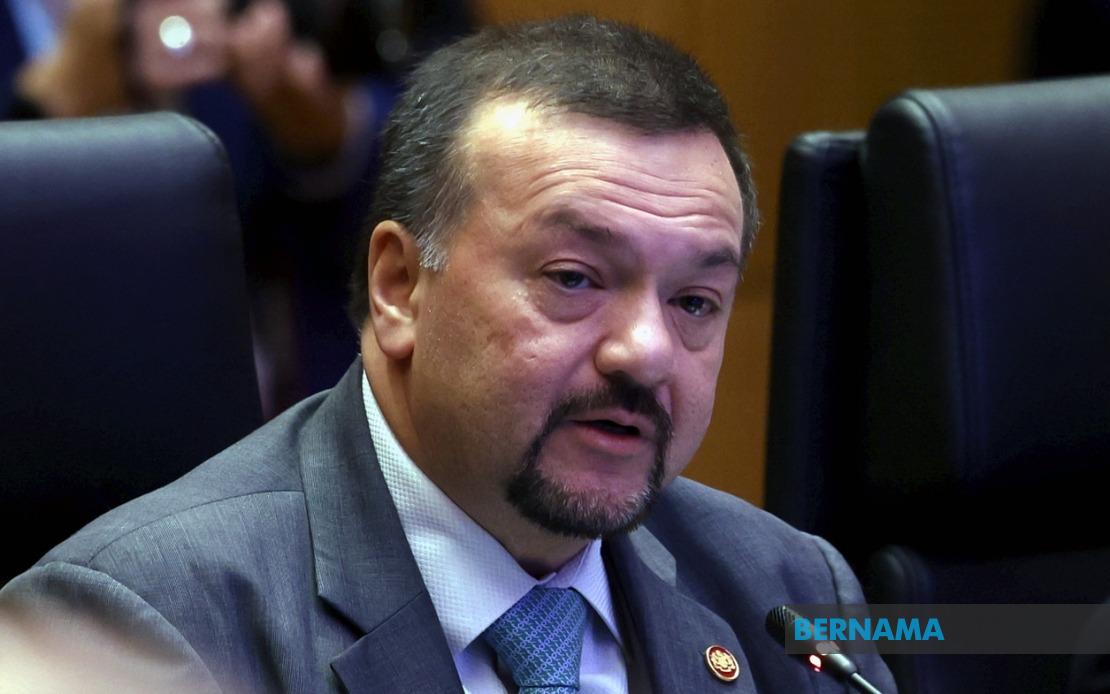
By Zarul Effendi Razali
KUALA LUMPUR, April 7 (Bernama) -- As senior officials concluded the first day of the 12th ASEAN Finance Ministers and Central Bank Governors’ Meeting (AFMGM), it became evident that while the retaliatory tariffs imposed by the United States present significant challenges, they also offer opportunities for Southeast Asian member states.
The panacea for the grouping to reap the opportunities, according to Finance Minister II Datuk Seri Amir Hamzah Azizan, is for ASEAN to deepen financial integration, strengthen its resilience and pave the way towards achieving self-reliance.
He emphasised the urgent need for ASEAN member states to strengthen collaboration, one that is appealing for both regional and global trade and investment. To this end, ASEAN diplomats opine that political commitment is required to develop a more expansive Southeast Asian market.
“While we remain committed to international trade, fostering a stronger intra-ASEAN collaboration will pave the way for a more self-reliant and resilient ASEAN community,” Amir Hamzah said on the sidelines of the preparatory meetings for the AFMGM at Kuala Lumpur Convention Centre (KLCC) today.
The closed-door finance meetings were chaired by Treasury Secretary-General Datuk Johan Mahmood Merican.
The meetings enabled officials to finalise documents for the respective ministers to deliberate when the two-day AFMGM starts midweek.
The morning session itinerary today included the ASEAN Finance Deputies Meeting (AFDM) and the ASEAN Central Bank Deputies Meeting (ACDM), followed by the United States Treasury-ASEAN Finance and Central Bank Deputies Meeting (AFCDM).
Later in the day, Amir Hamzah officiated the Malaysia Open House Exhibition @ASEAN 2025 at KLCC before his opening remarks at the ASEAN Investors Roundtable on “Unlocking Opportunities to Advance ASEAN Climate Initiatives”.
Given the tariff chaos which rattled markets worldwide, Amir Hamzah told reporters that Malaysia’s gross domestic product (GDP) for 2025 will be revised based on the impact analysis by the National Geoeconomic Command Centre (NGCC).
The focus of the revision would be strengthening resilience within the ASEAN system.
He said that the tariffs announcement by Washington would change the trade dynamics and operating environment, which can influence the economic growth narrative and present ASEAN with both challenges and opportunities.
The United States Department of the Treasury Deputy Assistant Secretary for Asia Robert Kaproth met with senior ASEAN officials and apprised them of the tariffs imposed by President Donald Trump on 168 countries, among which ASEAN’s Indo-Chinese countries such as Cambodia was the hardest hit with a tariff rate of 49 per cent.
The US official shared Washington’s policy outlook and discussed the effects of the newly implemented US tariffs on ASEAN member states during the AFCDM.
Meanwhile, Bank Negara Malaysia governor Datuk Seri Abdul Rasheed Ghaffour called on ASEAN member states to boost private sector investments in climate projects given the scale of the region’s investment needs.
At a roundtable session with investors, he lamented that despite encouraging progress by member states in laying the foundation to mobilise private capital to climate and sustainable finance, it remained insufficient.
“Redirecting just five per cent of funding from Asian institutional investors towards climate-related activities could generate an additional annual flow of US$8 billion to US$10 billion (US$1=RM4.44).
“However, more is required to meet the region’s monumental climate goals,” he said.
Abdul Rasheed’s comments align with one of ASEAN's themes for this year, which is sustainability.
Meanwhile, Amir Hamzah’s address reflected the other ASEAN theme of inclusivity, emphasising the need for greater economic and financial resilience that will benefit everyone, particularly small enterprises.
-- BERNAMA
